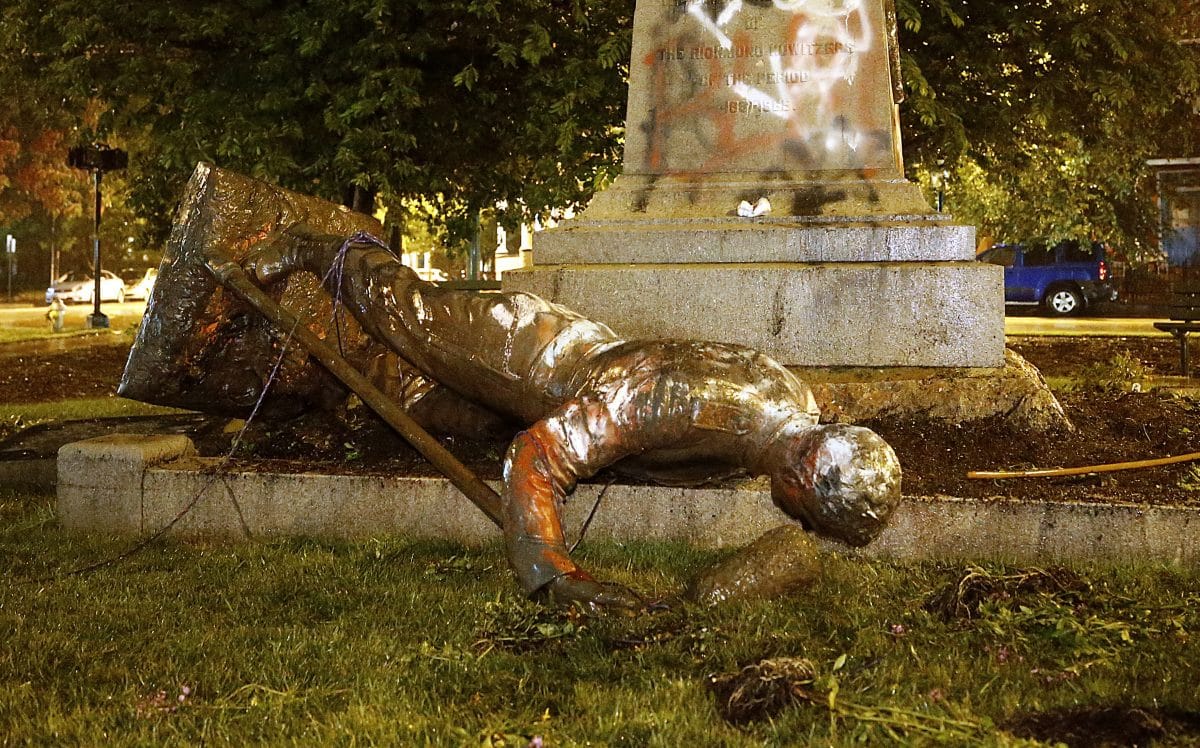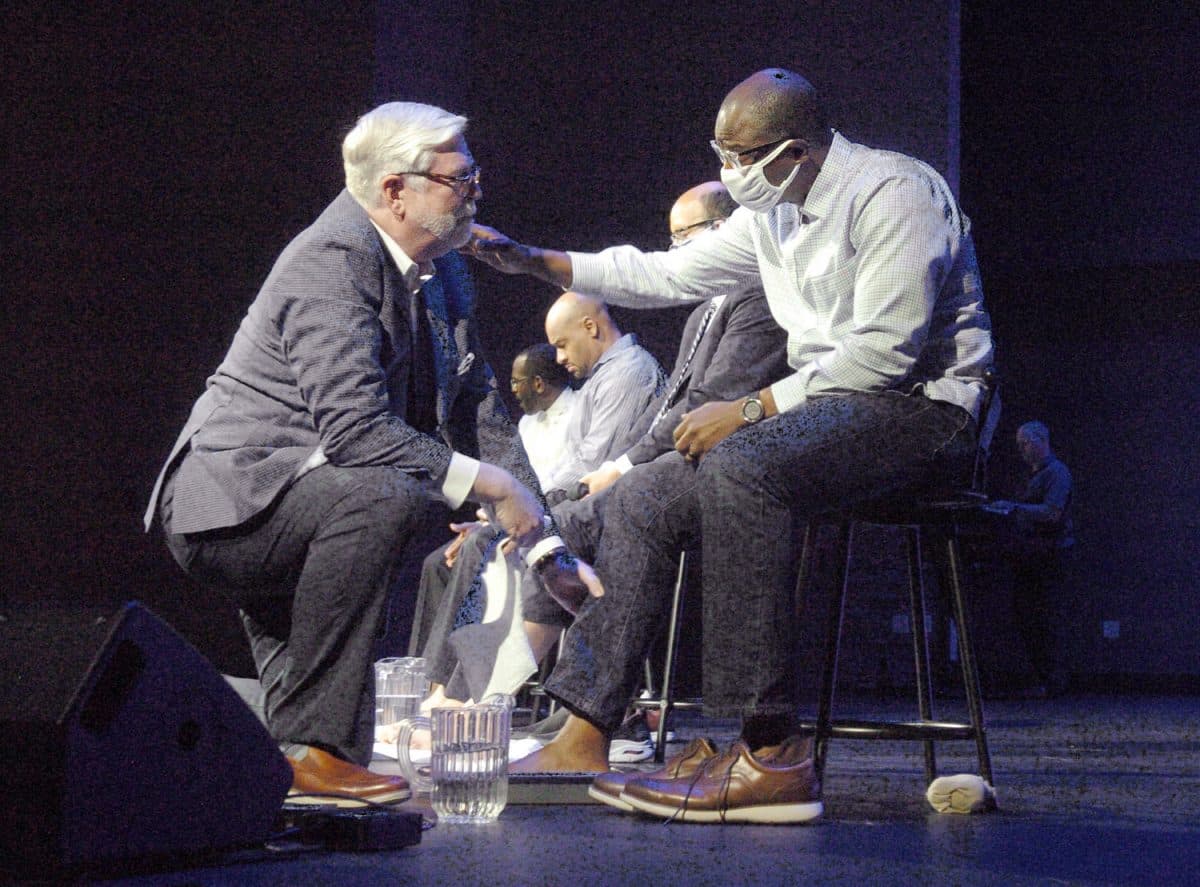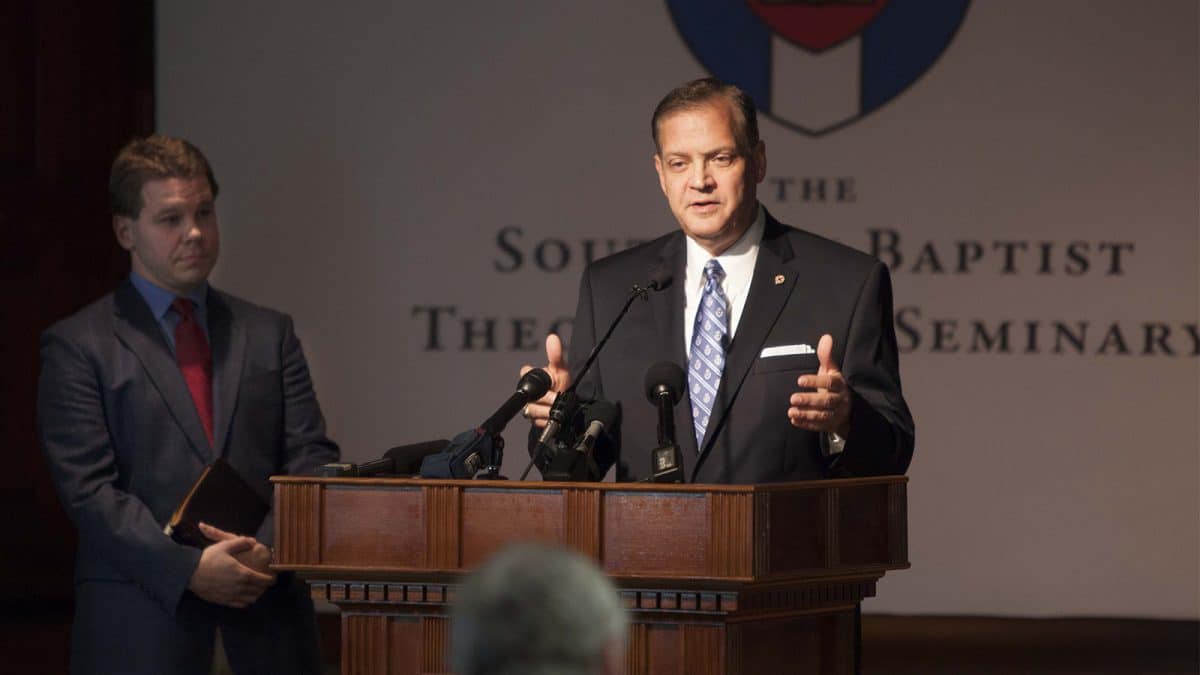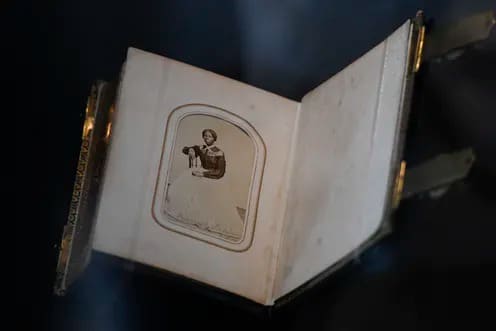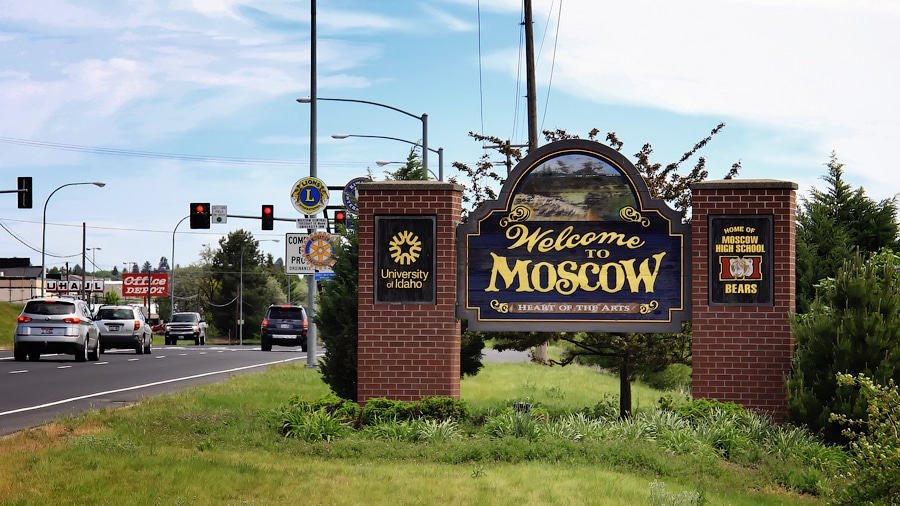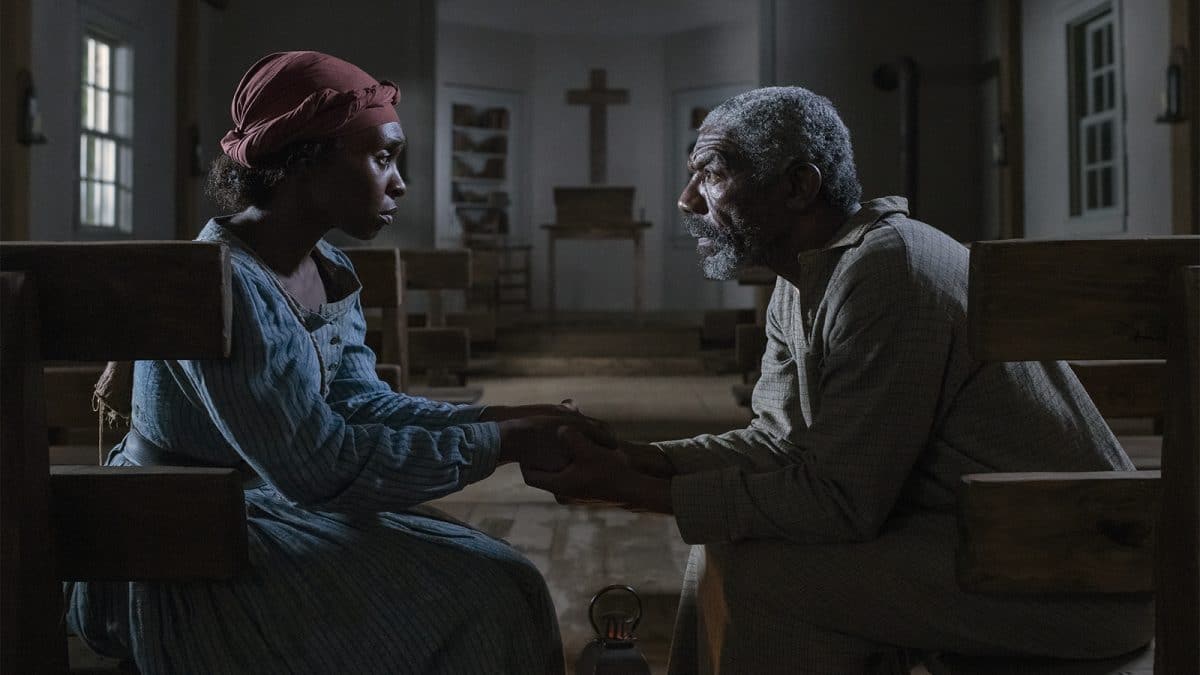Wilson-Hartgrove Praises Removal of Confederate Monuments
Jonathan Wilson-Hartgrove, a Baptist minister in North Carolina, sees the removal of Confederate monuments across the country as “very biblical.” The author and activist talked about faith, racism, and advocacy on the latest episode of the Word&Way podcast “Baptist Without An Adjective.”

